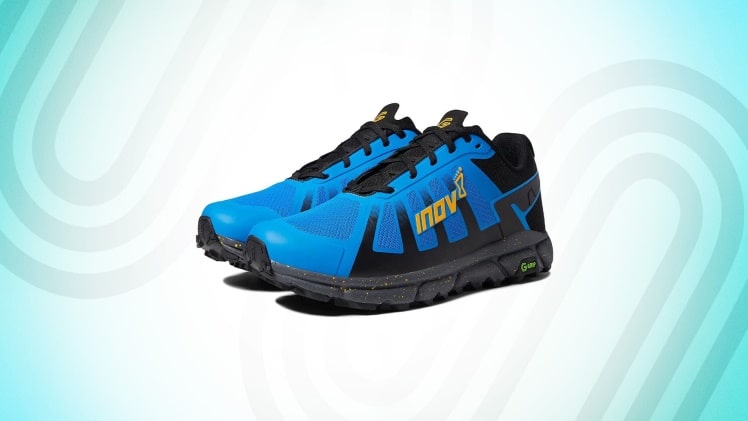There are plenty of reasons to run. Maybe you’re training for a big challenge, like a marathon. Or maybe you’re just running to meet your basic exercise needs. No matter why you run or how hard you do it, you should be lacing up some good running shoes beforehand. The right shoes, properly fitted, will make running more enjoyable and protect you from potential injuries.
You can pick out a great set of shoes at Orthoticshop by asking yourself a few basic questions:
1) Where Are You Going To Be Running?
Today, shoe manufacturers tweak their designs to suit different terrain. Are you going to be running on pavement or softer surfaces? There are running shoes specifically designed for road running and trail running. And if you intend to cross different surfaces, cross-training shoes are ideal.
2) Do You Need Specialized Support?
Most running shoes are designed for the most common running gait. If you know your gait is different (e.g. your feet roll inward or outward when you run), you should look for specialized shoes designed to accommodate this.
3) How Much Cushioning Do You Need?
The amount of cushioning in your running shoe – the thickness and firmness of the foam and the drop at the heel — is largely a matter of personal taste. Do you like a soft, bouncy feeling when you run, or do you prefer to feel the texture of the ground?
4) Does This Shoe Fit?
Unlike other types of footwear, like boots and dress shoes, running shoes aren’t supposed to have a breaking-in period. Take the extra time to pick out running shoes that fit properly from the moment you buy them.
Running Shoe Durability
As a rule of thumb, good modern running shoes should give you 400-500 miles of quality support. If you run frequently, you can rack up that mileage in four months or less. Keep an eye on your shoes’ midsoles and outsoles. When you start to see signs of wear and compression, it’s time to consider a fresh pair.

